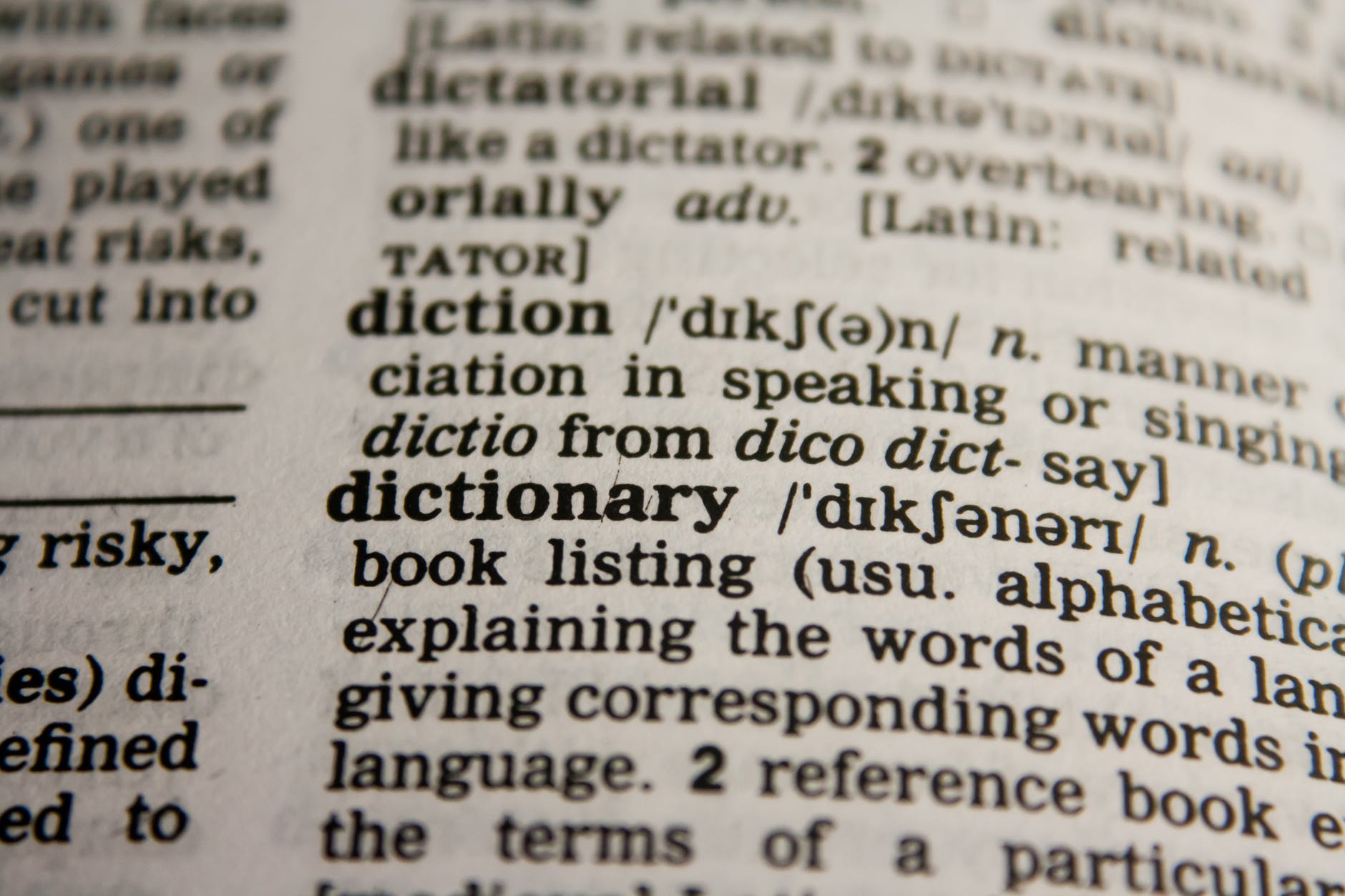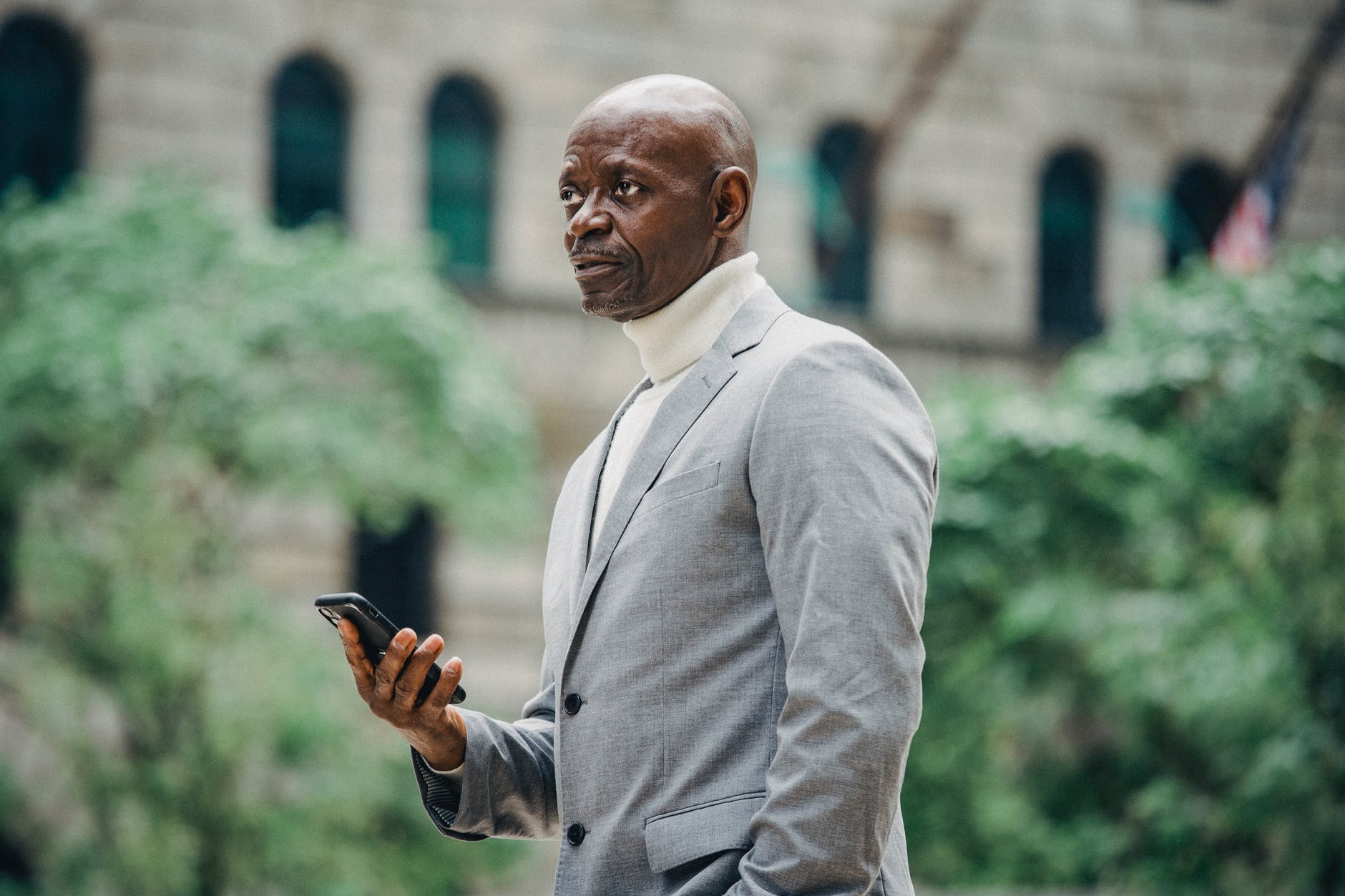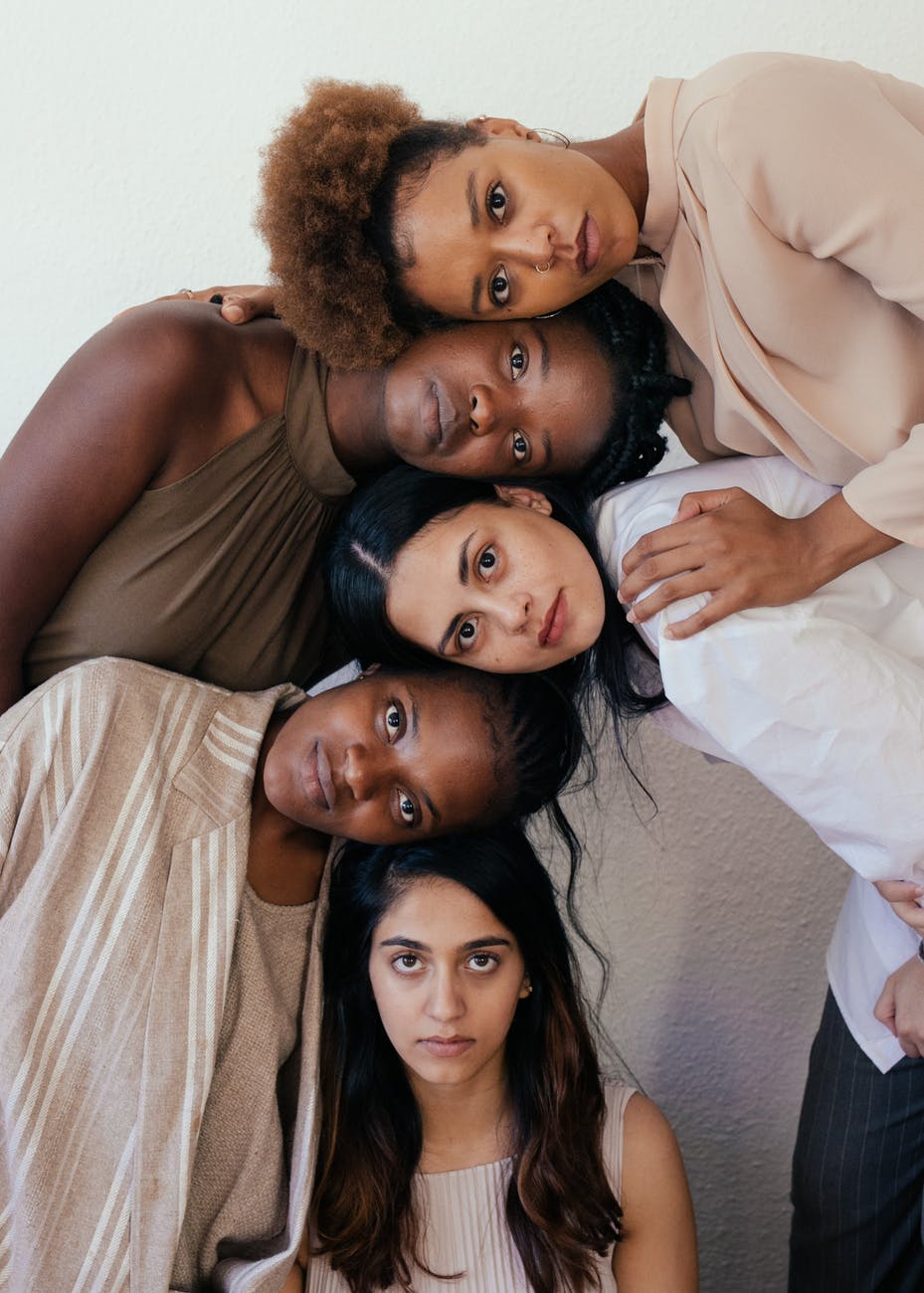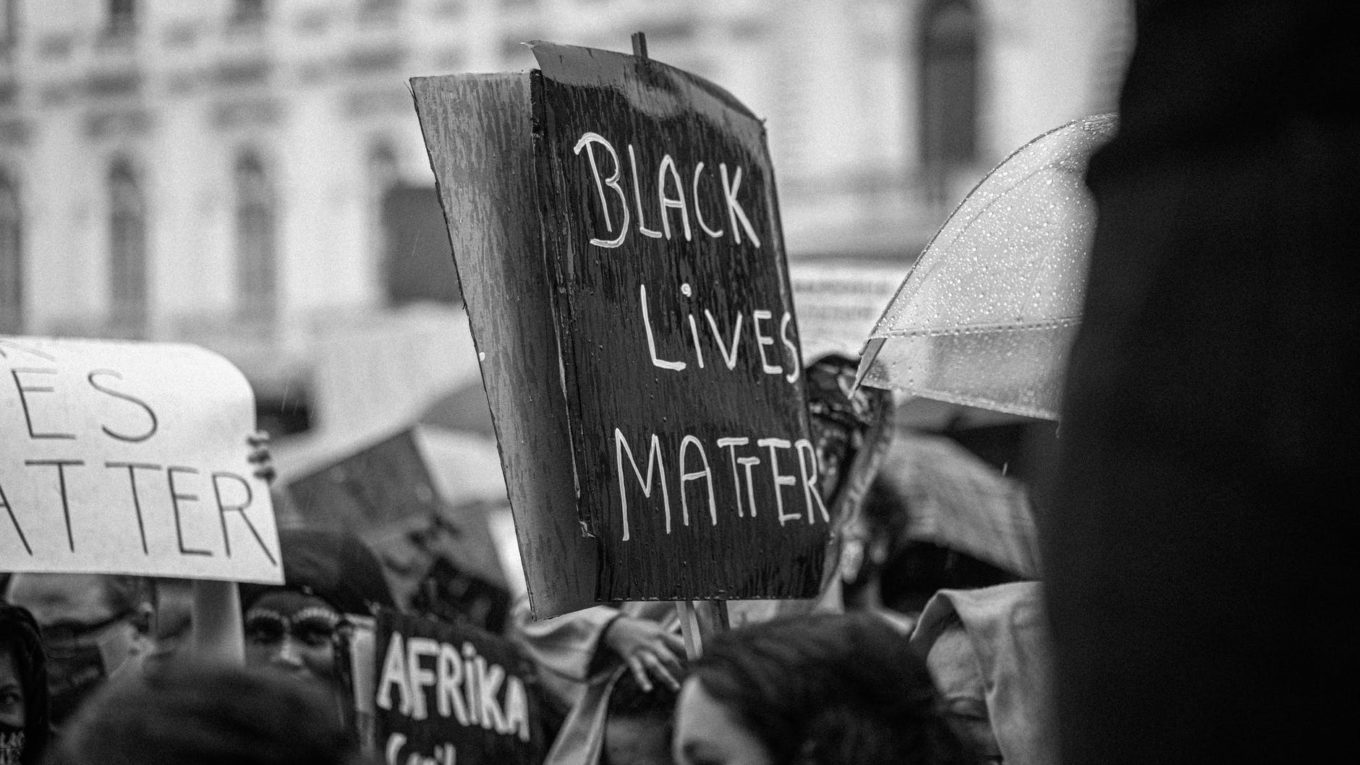Last Updated on 2022-07-08 by Joop Beris
This article is a response to an article by Rob Wijnberg published on The Correspondent, an independent news site which is shut down since January 1, 2021. Ever since a friend sent me the link to “What I learned about racism by listening to people who experience it“, the essay has irritated me on some level. Below, I want to explain why.
Wijnberg anticipates irritation on the part of his readers because he begins his essay by saying “If your response is to feel irritated or defensive, ask yourself why that is.” I did ask myself that question. My conclusion has nothing to do with me feeling attacked or being a racist deep down. It’s something else and I’ll attempt to explain that below.
What I don’t mean by writing this post
Racism is a difficult and controversial topic to discuss. Emotions run very high and it is easy to understand why that is. So right at the beginning of this article, I want to make it clear where I stand. First of all, I want to make it very clear that I not am arguing that racism doesn’t exist. I am also not arguing that racism is mainly a thing of the past. I am certainly not in favor of racism. This article is not a defense of racism because I think racism is indefensible. At the same time I want to make the distinction that criticizing someone for the way they raise awareness about racism is not the same as defending racism.
This article is not a defense of racism because I think racism is indefensible.
Further, I am not denying that me being a white, heterosexual male gives me certain advantages or privilege if you will. To what degree and under which circumstances is a topic for another discussion but I am not denying that in many Western societies, something like white privilege exists.
I also realize that some of you may have a negative reaction when you read this post. You may feel that me criticizing someone raising awareness about racism is wrong or inappropriate. You must understand that I don’t criticize Rob Wijnberg for speaking up about racism, just the way he does it. I think that he undermines his message by the way he speaks up. I feel his essay could have been much stronger and it’s unfortunate that it isn’t.
What I learned about racism by listening to people who experience it
“If you agree with Wijnberg’s message why are you even writing this post,” I hear you think. Well, my irritation with Wijnberg’s essay is not so much with his message but with the way it’s presented. There are several things that bother me and I will explain these below.
Definitions matter
Rob Wijnberg is a journalist so he is aware that words have certain meanings. When you write an article with the title “What I learned about racism by listening to people who experience it” you’d expect the article to be about racism. And yes, Wijnberg discusses racism but he uses a very odd definition.

(Photo by Pixabay on Pexels.com)
What is racism?
The term racism usually means:
1. a belief that race is a fundamental determinant of human traits and capacities and that racial differences produce an inherent superiority of a particular race
https://www.merriam-webster.com/dictionary/racism
2. the systemic oppression of a racial group to the social, economic, and political advantage of another
Throughout the entire essay, Wijnberg lumps traits like skin color, heritage, biological sex, gender and sexual orientation together as if they are all part of racism. As we have just seen, racism has a specific meaning that deals with ethnicity or race. Discrimination based on sexual orientation for instance, falls outside of this definition so it is not racism.
Stretching the definition
Using such an overly broad definition of racism, Wijnberg robs the word racism of its meaning and muddies the meaningful discussion on the subject. It makes racism synonymous with prejudice. But if that is what you mean, by all means use the word prejudice. Discrimination based on any criterion, be it ethnicity, skin color or sex, is a difficult enough topic on its own. Redefining words will not help the matter.
Take for instance this paragraph where Wijnberg explains that people live in different realities and that those realities are based largely on skin color, ancestry, gender and sexual orientation.
And if you just so happen to be white, non-minority, male and heterosexual, there’s a good chance that you have no idea this is the case. Conversely, if you’re black, immigrant, a woman or queer, you have no idea how someone could possibly overlook it.
Rob Wijnberg, “What I learned about racism by listening to people who experience it“
The mutual frustration that this results in is referred to as “the racism debate”.
I will assume that Wijnberg doesn’t actually mean that people live in separate realities, only that they experience reality differently. If not, that would be a whole other discussion. Only one of these conditions (being black) could obviously cause someone to be a victim of racism. Immigrants may be just as white as the rest of the population of a country. Last I looked, womanhood wasn’t a race and neither is sexual orientation. So this can’t be referred to as “the racism debate” unless you stretch the definition of racism to include all of these traits.
The first problem
This is the first problem I see with “What I learned about racism by listening to people who experience it“. Wijnberg sets out to raise awareness about racism but his definition of racism includes prejudice against race, sex, heritage and sexual orientation. It’s unclear why he includes prejudice based on sex and sexual orientation in his discussion but excludes several other prejudices. There’s no mention of age, body weight or physical and mental disabilities for instance. What does he want to discuss? Racism? Prejudice? Or a particular subset of prejudices? If the latter is the case, why does he exclude the ones he doesn’t discuss?
Society and hierarchies

(Photo by mali maeder on Pexels.com)
Wijnberg quotes one of his correspondents, OluTimehin Adegbeye. She says that racism is a system that produces a social hierarchy where white heterosexual men are at the top but someone like her, black, woman and queer, is at the bottom. I have no doubt that a black, queer woman unfortunately experiences more disadvantages in life than a heterosexual white man because she ticks more prejudice boxes (in predominantly white societies). Some of those disadvantages will be due to racism, some not. That’s not what I argue against.
Too simple
Here again we see this overly broad definition of racism, this time combined with a gross over-simplification of society. Societies are comprised of many hierarchies and at any given time, people occupy different positions on different social hierarchies. By definition, on all of those hierarchies, there will only be a few people at the top and most people will be at the bottom. That’s how hierarchies work. In some of those hierarchies you will find white, heterosexual men at the top but due to the nature of hierarchies you will also find many white heterosexual men at the bottom.
There are several key questions that aren’t answered but seem important if we want to have a meaningful conversation about this topic. What components make up the system OluTimehin Adegbeye calls racism? Which criteria determine someone’s position on the social hierarchy produced by racism? How is the social hierarchy produced by racism linked to other hierarchies in a society?
Factors being overlooked
Hierarchies of any kind are notoriously hard to penetrate and to rise in. Nobody just gets to the top and getting to the top is related to many factors. Make no mistake: I am not saying that ethnicity, sex, gender, sexual orientation aren’t part of that equation. They certainly are but blaming everything on racism is too easy. One of the errors that “What I learned about racism by listening to people who experience it” makes, is that it doesn’t take into account factors such as:
- ambition
- integration into society (which may be hard for immigrants of any color)
- language (difficulty speaking a language will set you back)
- education (even if someone is highly educated, diplomas are not of equal value in all countries)
- cultural background (cultures don’t necessarily share the same values, meaning people may have different priorities)
- Religious background (or lack thereof)
- personal circumstances (I may be a white, heterosexual male but also in a wheelchair)
- good looks (handsome people are more successful)
Wijnberg doesn’t include people with mental or physical disabilities in his essay and he says this is on purpose but he fails to discuss why exactly. It could be that they don’t fit his narrative or the point he is trying to get across but that would be a little dishonest. I think this would at least deserve something of an explanation.
The second problem
To sum up, the second problem I have with “What I learned about racism by listening to people who experience it” is that seems to oversimplify our societies. Our societies are not made up of single hierarchies determined solely by traits like race, ethnicity, sex, gender, and sexual orientation. For instance, we have hierarchies of competence. There are multiple hierarchies in society and people occupy different positions on all of them. It’s not at all a given that white, heterosexual men will float to the top of a hierarchy because they are white, heterosexual men (and again: being heterosexual or male has nothing to do with racism).
Hierarchies seem flat at the top?
The next point that Wijnberg tries to make is that those who are at the top of a social hierarchy don’t see they are at the top because they can afford not to see that. Or as he phrases it: at the top, every pyramid seem flat. To be honest, this sounds naive to me. If questioned, I think most people at the top of a social hierarchy are very much aware that they are if not at the top, at least very close to the top of a social hierarchy. Many of them will have worked hard to get there too.

(Photo by Andrea Piacquadio on Pexels.com)
People know when they’re at the top
Since hierarchies are by definition most narrow at the top, it’s plain to see for people at the top that not everybody has their lifestyle or enjoys their respect. Not everyone goes yachting, not everyone owns a second home in the south of France and not everyone drives a Bentley. People at the top know this and that’s why many of them actively show off their wealth and success.
Wijnberg further writes: “A white person saying “I don’t see colour” is essentially the same as the CEO saying “I don’t see hierarchy”. Just because you can’t see it doesn’t mean it’s not there.” People don’t literally mean these expressions and I think Rob Wijnberg knows that. A white person saying “I don’t see color” is trying to say: “I try not to judge people based on the color of their skin.” I know people of color may take offense at that statement, even though it’s meant well. The CEO who says “I don’t see hierarchy” knows very well that the hierarchy is there but he/she is sending the message that they want to be approachable, see themselves as part of the workforce, not raised above it.
Being the default
The remainder of this point consists of a number of statements that again jumble ethnicity together with sex, gender and sexual orientation, even though discrimination based on those last traits really isn’t racism. Wijnberg argues for instance that he doesn’t have to be dominant and bossy at work because he is a white man so people will automatically take him seriously and give him attention when he wants attention. Being a white, heterosexual male is the default, Wijnberg argues. If you are the default, things seem effortless to you even though they are not for people who aren’t the default.
There’s more going on here, though. For starters, Wijnberg is in a position of authority at work, so that almost automatically means people will pay attention to what he says. Not (just) because he is white or heterosexual but simply because of his position on the hierarchy of the organization.
For many white, heterosexual men it’s also very difficult to be taken seriously, to get respect and to gain people’s attention. It all comes down to the hierarchies in a society. In some hierarchies you may be more near the top but in most hierarchies you will be near the bottom because of the nature of hierarchies. So a white, heterosexual man may have authority and respect at the local football club on weekends because he is a trainer there. On weekdays he may well work a rather dull, meaningless desk job under a female boss who doesn’t let him get a sentence in at meetings. So much for being the default.
The third problem
The third problem that I see with “What I learned about racism by listening to people who experience it” is that Wijnberg seems to think that people at the top of a social hierarchy are blind to this fact. I would argue that is hardly ever true. What could be true, is that people don’t realize how they got to the top of a hierarchy. If you’re born at or near the top of a hierarchy and you never had to do anything special to get there, it’s possible that you don’t know how you got there. You’re still aware of the hierarchy, you just don’t know how it works.
A myopic view
It’s pretty myopic to consider white, heterosexual men the default. In many parts of the world, that simply isn’t true. It only applies to those countries which historically were the home of white people or where white people migrated to en masse, like the Americas and Australia. In most parts of Asia and Africa, white, heterosexual men are not the default and it would be interesting to see how far white privilege would get you there.

I’m not saying that white racism is okay because racism exists elsewhere too. I’m saying that racism shouldn’t be okay anywhere. And yes, people of color can be racist (using the definition of racism from Merriam-Webster above).
Prejudice isn’t synonymous with racism
Sorry for making this same point again but I have to since Wijnberg keeps equating the two. Towards the end of “What I learned about racism by listening to people who experience it”, he reassuringly adds that most anti-racism activists don’t blame white, heterosexual men for all the inequality in the world. Well, that’s good to know.
But here’s what people are saying: that there are still massive collective disadvantages based on skin colour, ancestry, gender and sexual orientation – and that this deprivation will not change if we collectively continue to pretend that this is not the case.
Rob Wijnberg, “What I learned about racism by listening to people who experience it“
Of course, there are disadvantages based on those traits but only one of those is related to racism. The other three are not. So lumping all those traits together and calling that racism doesn’t help the people who are experiencing racism, racism according to the dictionary definition.
Wijnberg postulates that a problem can only be dealt with if it is acknowledged and I agree with that. But then we have to be clear what the problem is and not label any perceived inequality or prejudice as racism.
In conclusion
I understand what Rob Wijnberg is trying to do and for the most part I agree with him.What bothers me is that he continually labels specific forms of prejudice as racism, even if that form of prejudice has nothing to do with race or ethnicity. If we want to have a meaningful discussion about racism, we shouldn’t label all prejudice as racist. Prejudice based on sex isn’t racism, it’s sexism. Prejudice is one of humanities’ worst traits and racism is one of the most contemptuous forms of prejudice. However, Wijnberg reduces racism to a meaningless concept, a mere container for prejudice, while it actually means something very specific and very serious that impacts people of color.
Prejudice is one of humanities’ worst traits and racism is one of the most contemptuous forms of prejudice.
I’m convinced that “What I learned about racism by listening to people who experience it” means to raise awareness about issues of prejudice, inequality and social injustice but it is poorly argued, over-simplified and devoid of definitions. What’s worse, it encourages tribalism by using postmodernist language and identity politics, which threaten to further fracture society at a time when social cohesion seems the only way forward. As long as people are pitted against each other along divides of race, ethnicity, sex, gender and other arbitrary distinctions, we can not see the only identity that should matter most and that we all share: that of our humanity.

As long as people are pitted against each other along divides of race, ethnicity, sex, gender and other arbitrary distinctions, we can not see the only identity that should matter most and that we all share: that of our humanity.
Photo by RF._.studio on Pexels.com

